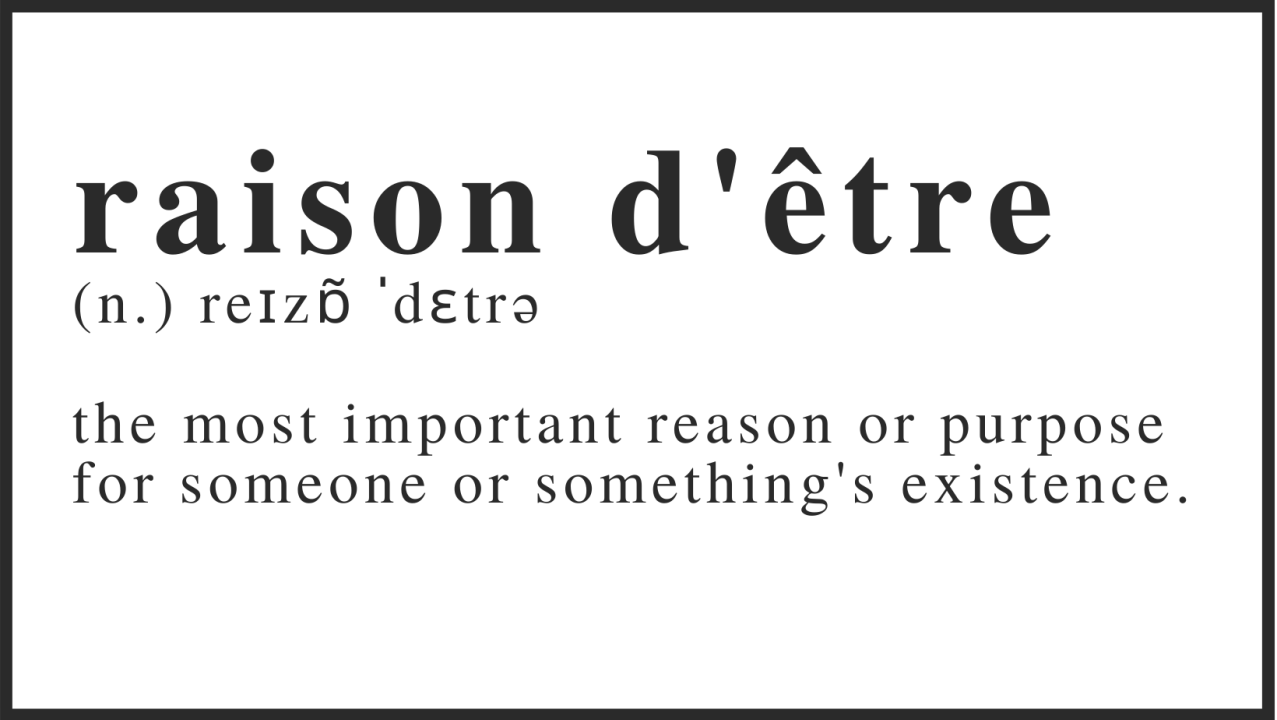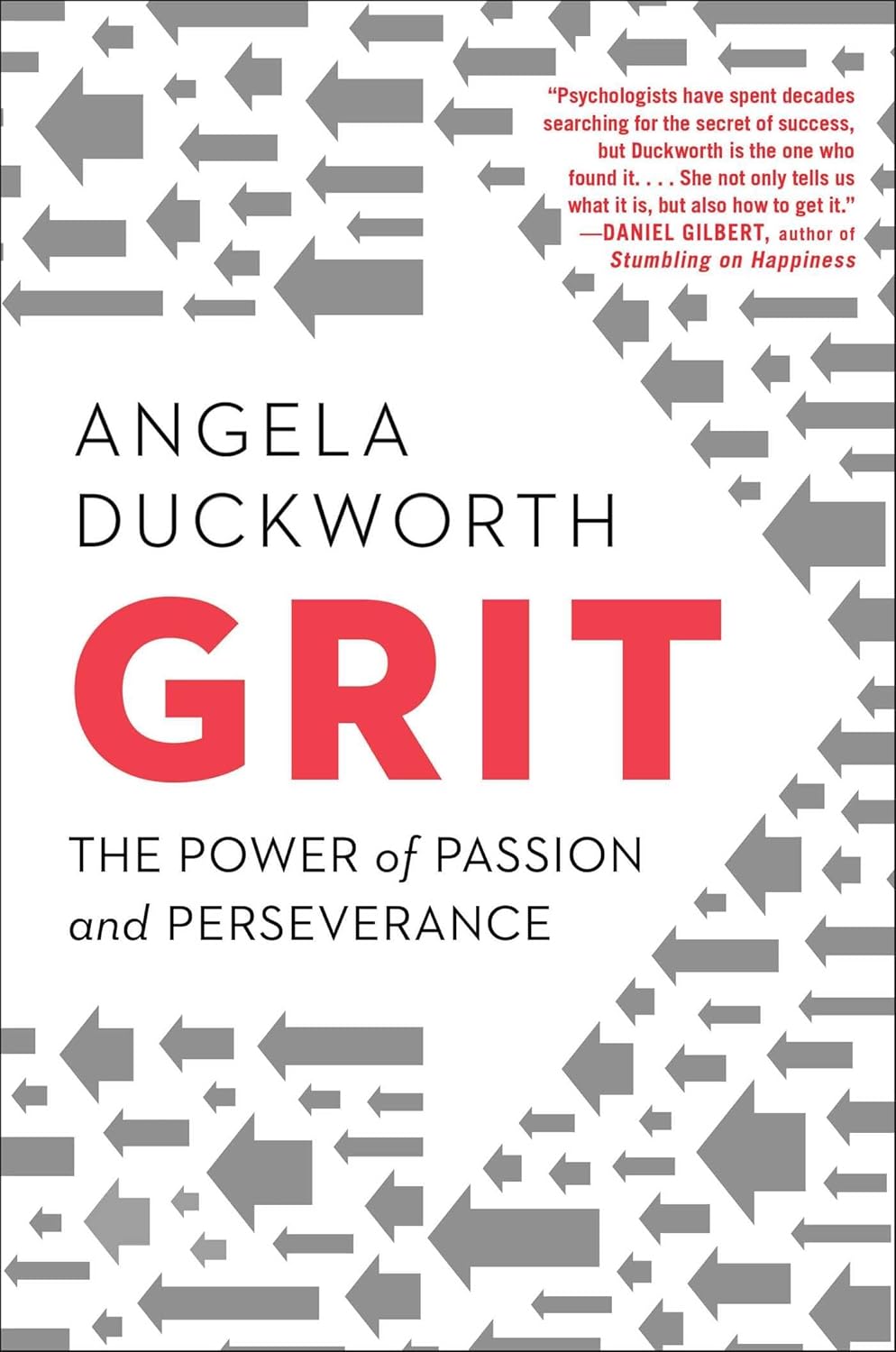Some people spend decades meditating on a mountaintop with their fingers perfectly poised. Others find their spark while microwaving leftover pizza. One discovers purpose at 50, another at 10. There’s no perfect age or place because this isn’t a story about “finding your why” on a Himalayan sabbatical, it’s about something quieter, more personal. The moment your inner GPS goes from glitchy to grounded! Welcome to The First Spark, the very first in our #CareerX0 series where we dissect the future of work and, more important, the future of you. Before we begin, don't forget to apply for early access to Skillstr beta, if you haven't already.
The moment your inner GPS goes from glitchy to grounded!
The Myth of Lightning Bolts
Awakenings aren’t always cinematic. Inspiration doesn’t necessarily burst in with Hans Zimmer playing in the background. Sometimes, it stumbles in at 2:47 AM while you're scrolling through job listings you'll never apply to, right after Googling “can I fake my own retirement?” But, what is awakening?
From a neuroscience lens, it’s the moment your Default Mode Network (DMN),that part of your brain responsible for introspection, daydreaming, and identity starts syncing with the Salience Network, the region that filters what’s meaningful from all the noise. When these two shake hands, your brain goes: “Wait. Maybe I’m not here just to update PowerPoints and track Jira tickets?”
In psychological terms, it’s called developing self-concordant goals,when your ambitions stop being externally driven (“What do they expect from me?”) and start reflecting your values (“What do I actually want?”). This shift doesn’t scream; it hums. And that hum is the beginning of the real awakening.
Why the ‘Set Path’ Is Breaking Us?
Let’s be honest to ourself. For the better part of the last few decades, the career roadmap has been aggressively linear:
1. Go to school
2. Pick a major you don’t understand
3. Get a job you kinda tolerate
4. Stick around for 10% hikes and coffee
5. Retire mildly confused about what it was all for
But this model was designed for an economy that no longer exists. It was built on the assumption that people are Excel cells:trackable, plannable, and ultimately mergeable into corporate hierarchies. What it forgot? That we’re not code. We’re consciousness.

But this model was designed for an economy that no longer exists.
Research from the Journal of Vocational Behaviour reveals that over 60% of professionals experience “career identity dissonance” a clinical way of saying: “I’m here because I couldn’t figure out what else to do.” Your inner explorer, the misfit, the questioner, the rebel is constantly being hushed by job titles, Instagram bios, and parental approval. That explorer is the one you need to revive.
Raison d’être: Fancy Words, Forgotten Practice
The French gave us croissants, ennui, and this beautiful phrase: raison d’être—your reason for being. Not your job. Not your LinkedIn summary. The underlying why of your existence.

And yet, most of us treat it like a long-lost Wi-Fi password: vaguely important, but impossible to retrieve. But here’s the science. In a longitudinal study by the University of Michigan, individuals who reported a clear sense of purpose were:
- More likely to be engaged at work
- Less prone to chronic stress and burnout
- And even showed improved cardiovascular health over a 10-year period
Purpose doesn’t just feel good. It functions well. But purpose isn’t found like loose change behind a sofa cushion. It’s built through exploration, hard questions, stumbles, and experimentation. In that process, even confusion serves a role: it signals you’ve stopped sleepwalking.
Passion: Designed, Not Discovered

Here’s a myth we need to bust harder than a productivity influencer’s morning routine: you’re not born with passion.
Passion is not a lightning strike. It’s a slow burn. According to Angela Duckworth, author of Grit, passion is the result of sustained interest plus effort over time. Not some magical pre-installed feature in your DNA.
Think about it: Was a concert pianist born with a love for scales and arpeggios? Not likely. Their “awakening” probably started with a parent, a song, a teacher… and then came the grind. Only after hundreds of hours did passion even begin to show up. So, if you're still waiting to “feel passionate” before you act, you’re using the wrong compass. Start doing. Passion follows!
The Inspiration Spiral (a.k.a. The TED Talk Trap)

There’s a reason you feel euphoric after watching that motivational TED Talk but equally stuck a week later. Neuroscience shows that the dopamine reward loop in your brain gets activated just by imagining a better future.
That’s right. Planning your dream life can feel as good as living it. But without action, it becomes emotional entertainment, dopamine without direction. This is why so many people get addicted to self-help content. It creates the illusion of progress. Your brain checks off an imaginary to-do list. But your career? Still in limbo.
Instead, aim for small awakenings:
- That offhand remark from a colleague that stuck with you
- That burst of energy you feel when solving a certain type of problem
- That existential sigh you emit every Sunday night
- These aren’t quirks. They’re data. Your brain is trying to tell you something
The Real Question: What Are You Suppressing?
Awakening isn’t just about discovering potential. It’s about uncovering suppression. Most people don’t lack ambition. They lack permission.
- You suppress the urge to write because “you’re not a real writer.”
- You suppress the desire to lead because “you’re too soft-spoken.”
- You suppress that wild idea because “it’s not practical.”
This suppression has biological consequences. When your prefrontal cortex (decision-making central) is in constant threat mode worried about judgment, failure, risk—it becomes harder to initiate change. You’re not unmotivated. You’re neurochemically stuck. But here’s the hope: suppression is reversible. Expression of ideas, doubts, dreams isn’t just poetic. It’s neuroplastic.
Forget the cinematic turning point. Real awakenings don’t come with fireworks. They whisper. They repeat themselves. They wear different outfits until you finally pay attention. They sound like:
- “Is this really it?”
- “Why do I feel more alive outside of work than in it?”
- “If I didn’t need the money, would I still choose this?”
These aren’t red flags. They’re signs of life. In the #CareerX0 series, we’re not handing you a blueprint. We’re handing you a flashlight. But, before you change your life, you have to notice the one you're living.
That moment where discomfort becomes intolerable. Where what you’re not doing starts costing you more than what you are. It's raw, it's real, and yes sometimes it’s the most honest moment of your career.
Try This Now
- Take a step back and consider your 'raison d'être'
- Write down one suppressed interest you had as a child and spend 20 minutes exploring it
- Identify one small, sustained new interest you want to pursue
But for now, stay here. In the beginning. With the questions. Before a life is redesigned, a mind must awaken. Before you choose a path, you must first ask: Whose path am I on? Take a step back and consider your 'raison d'être'" or "Identify one small, sustained interest you can pursue this week. Of course, apply for early-access to Skillstr beta! So pause. Breathe. Welcome to your awakening, dear reader! And remember, our career self doesn’t awaken in a flash, it stirs when you dare to notice the spark.